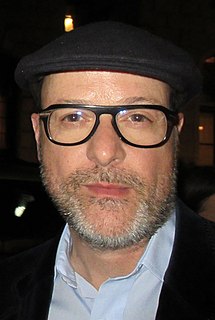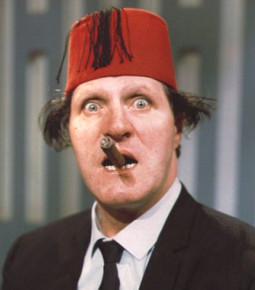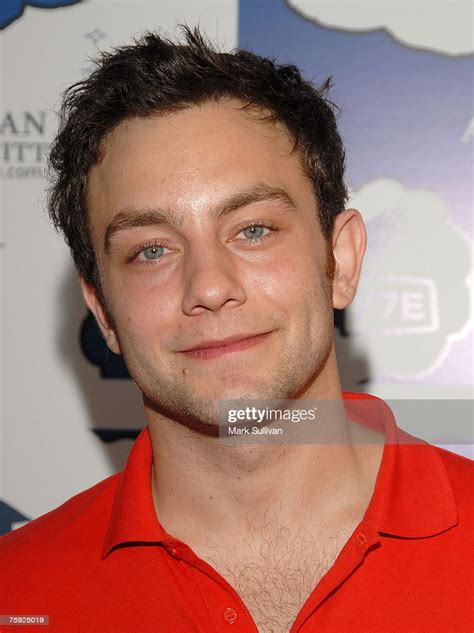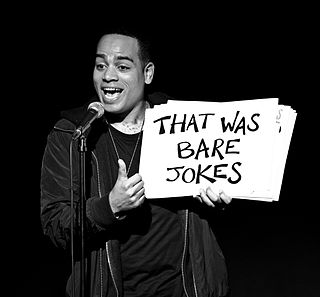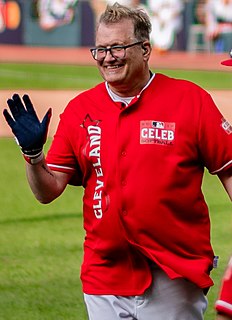A Quote by Barney Frank
Going before an audience of people who expect you to be funny is tough. Going before an audience that expect you to be boring, and then being a little funny, is much easier. I prefer easier.
Related Quotes
If you tell the reader it's funny, then the audience is like an audience at a stand-up comedy club and they expect you to be funny, and if you're not, they notice. Whereas if you read a regular op-ed about Israel or the family or medicine, you're not starting with the assumption that you're supposed to laugh.
The one thing that I love about the live audience is the energy level. Like, from the minute of cast introductions, it's just constant energy being traded back and forth. When you do something funny, the audience laughs; when you're being serious, you can, like, feel the tension going through the audience.




